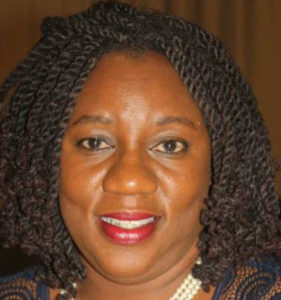Women are natural health providers, it is twisted within our DNA”
Mazyanga Lucy Mazaba is a mother of four, two beautiful young ladies and two handsome boys. She is an epidemiologist, but for the longest time, ever since 1986 to 2016, Mazyanga was a practicing Medical Laboratory Scientist in virology, specifically vaccine preventable diseases including Polio, Measles, Influenza, Rotavirus, and Yellow Fever among others. Her role included diagnostics, teaching and research.
In 2014, Mazyanga graduated with an MSc in Epidemiology and became a full time public health practitioner. The knowledge and skills gained in the MSc has given her competence in research design, analysis and writing. As an epidemiologist /public health practitioner she heads the Communication Information and Research Cluster at the Zambia National Public Health Institute while pursuing a Doctor of Science in Public Health. Mazyanga is actively involved in managing and documenting outbreaks and events of public health significance.
Also, Mazyanga is the inaugural Editor in Chief of The Health Press Zambia. She has written on various health subjects including infectious diseases, epidemic prone diseases, and mental health. She has over 100 publications including original articles, editorials, and book chapters. She is presently in her last year as Editor in Chief.
What led you to pursue a career in health?
So when we were applying for University while in my 12th grade, I was interested in pursuing law. But our career guidance counselor advised that I was more suited for a science based career. So I applied to the school of natural sciences and pursued Biology and Chemistry. In my second year, I was selected to pursue veterinary science but not finding animals so friendly, I requested to continue with Biology & Chemistry. My lecturer in Ecology wanted me to pursue a career in that field but I stuck to Bio&Chem. And as life has it, in searching for a job I got a position at the University Teaching Hospital and the rest is history.
What are you most proud of?
My moving from the hospital setup to the public health institute was to set up and manage a public health bulletin. As inaugural Editor-in-Chief, I worked with the managing Editor to set up and establish the journal, which has been running since January 2017. The publication named The Health Press – Zambia is gaining good mileage with more people interested in publishing with us.
I started writing when I was going through a rough patch in my personal life, literary turning lemons into lemonade is how I describe this aspect of my life. I am proud of my gained communication skills and the number of publications I have. Without formal training in writing, I think I have done well of course owing to some good mentorship along the way.
What do you wish you had done differently?
In my career path, there isn’t anything I would do differently as such except gain my post grad qualifications earlier. Going to school while you are a mother and are working has really been tough. I have a very engaging and busy work schedule; meanwhile because of my family planning style I still have two young ones needing my attention.
I also note that having a medical degree in the health sector gives you an upper hand in progress. Now I think I should have taken up the offer to study Vet medicine or even just pursued medicine itself.
What are some of the biggest challenges you have faced? How did you overcome them? What are some of the lessons learnt?
LEADERSHIP/SUPERVISION
I am not sure if it’s a weakness or strength but I like to push for assignments to be achieved timely. In my supervisory role this has sometimes caused strife. My subs sometimes feel they should be given space, I remember twice or more times being referred to as an over achiever. I think my stint in Japan when I went to pursue a post grad in Immunology & Virology altered my character from a non-ambitious young lady satisfied with just being able to do the routine to a hard working ambitious pusher. My further academic engagement with the Israelites has strengthened this.
HUMAN-HUMAN COMMUNICATION SKILLS
I like to tell people that I enjoyed practicing virology because I would speak to the viruses without them obviously disputing my thoughts. The microscope and tissue culture rooms were my safe haven. Writing is so much more an easier communication tool than talking to people. Now I play a big role in supervising adults whose mindsets are independent to mine, so getting to a level to be able to communicate effectively hasn’t been easy. I have gone through some professional training and mentorship and I think this has helped me improve my human-to-human skills. Further to that, I did an MBA (research aspect pending); it has improved my management skills. What I am trying to say is, communication and management skills are not characteristics one is inborn with, but skills you learn and improve on as you continue to practice.
What are some of the opportunities you see for women in health on the African continent?
There are so many intelligent women with great ideas and capacities but in most countries such characteristics are not exploited. Somehow, even though there are all these declarations that women be given an opportunity to lead and participate at high levels in decision-making and implementation, it still remains a man’s world. There are a lot of great female clinicians, scientists, general health practitioners who should be allowed to lead, to pursue their innovative thoughts and have access to resources. Scholarships for academic and skills improvement should be available and easily accessible. I note a number of scholarships but this information does not trickle down to all levels. There are a lot of brilliant women not recognized, but if pursued and encouraged, would bring great staff to the health agenda.
This platform [PAWH] is a good opportunity but you may wish to find other communication platforms (radio interviews, newspaper clips, among others) so others can read or listen and get encouraged. Internet access is not available especially in the rural areas.
What advice do you have for other women in health?
The fact that we are already in the sector means we have it within us to successfully contribute to the body of health. It’s should not be a competitive platform but one where we recognize our comparative advantage and build one another. There’s definitely enough pie to share. It’s okay to ask for help from one who knows better than you – learning never ends. Everyone has something great to contribute and we must acknowledge that.
Together we can pull each other up and contribute more effectively and efficiently. Women are natural health providers, it is twisted within our DNA.


Leave a Reply